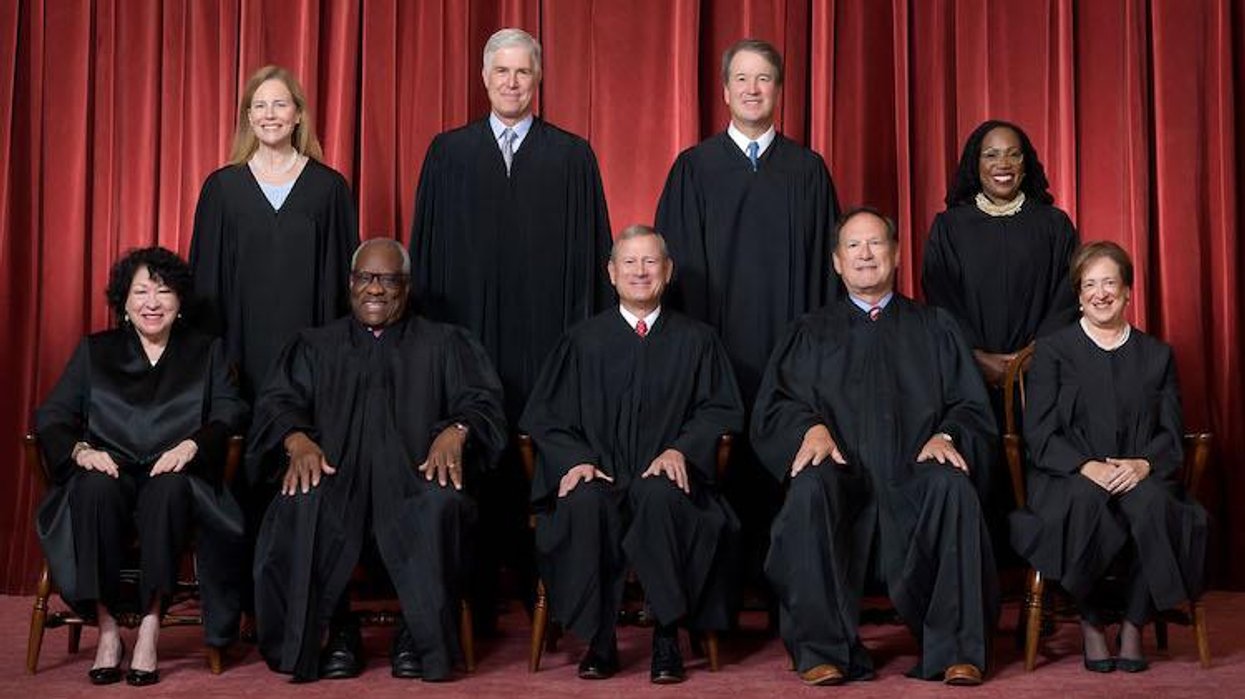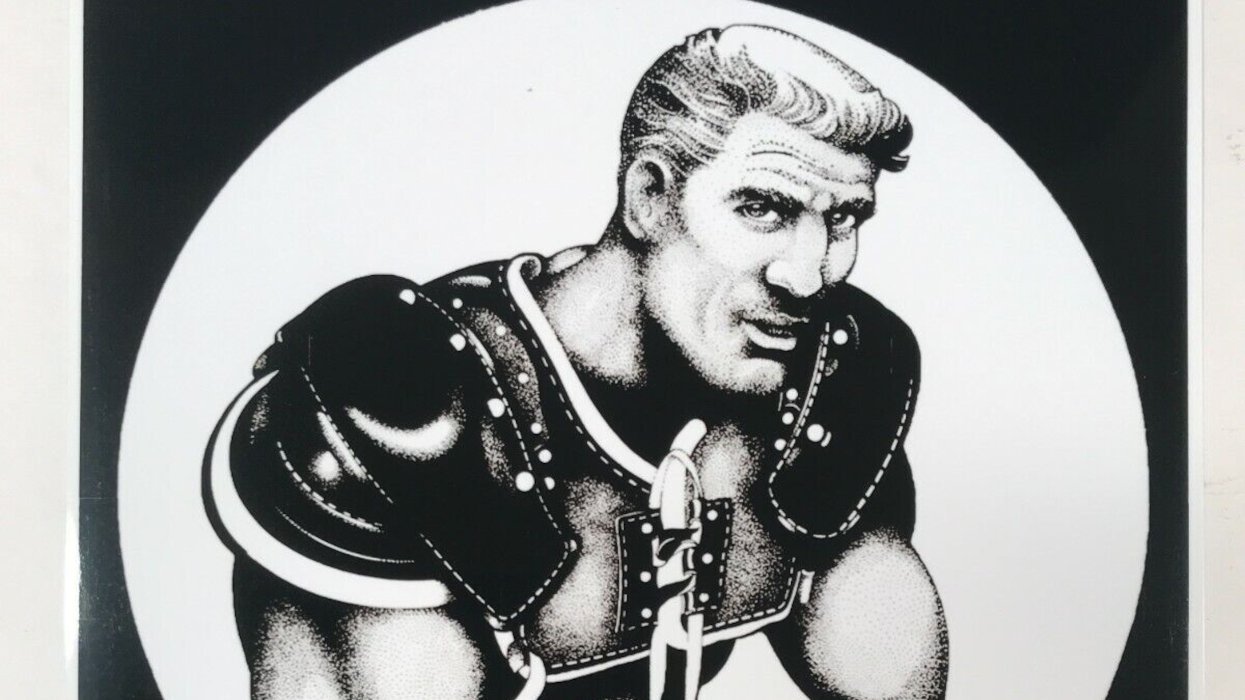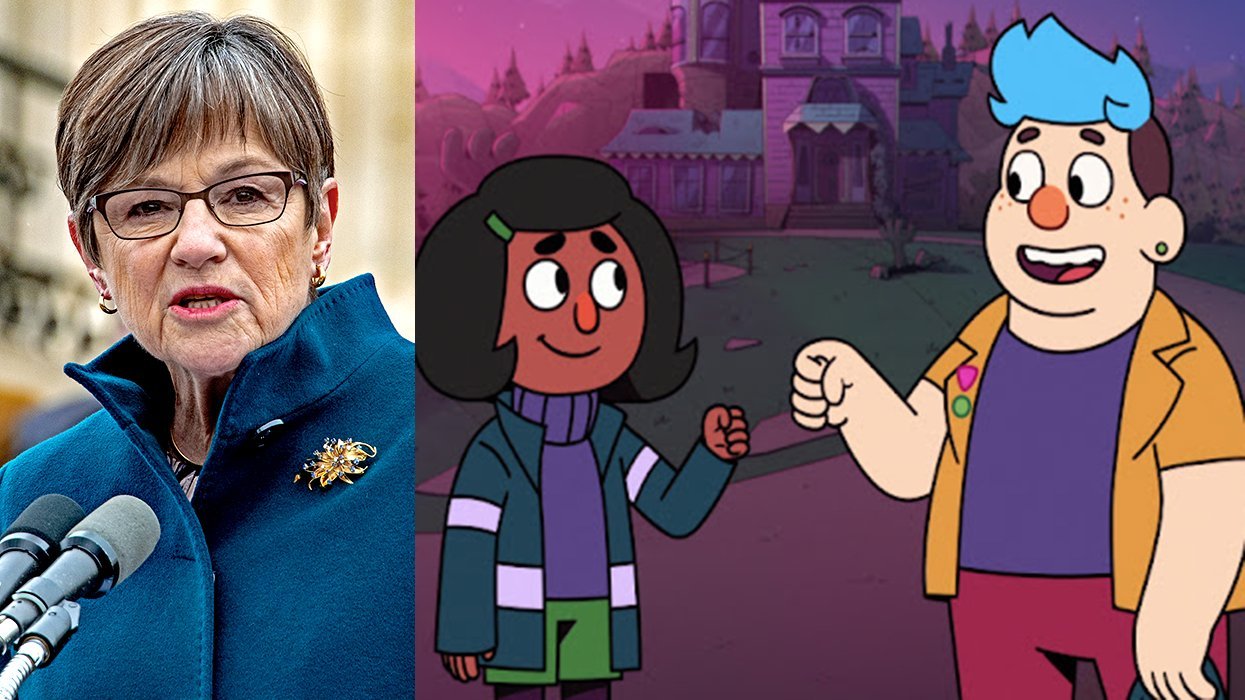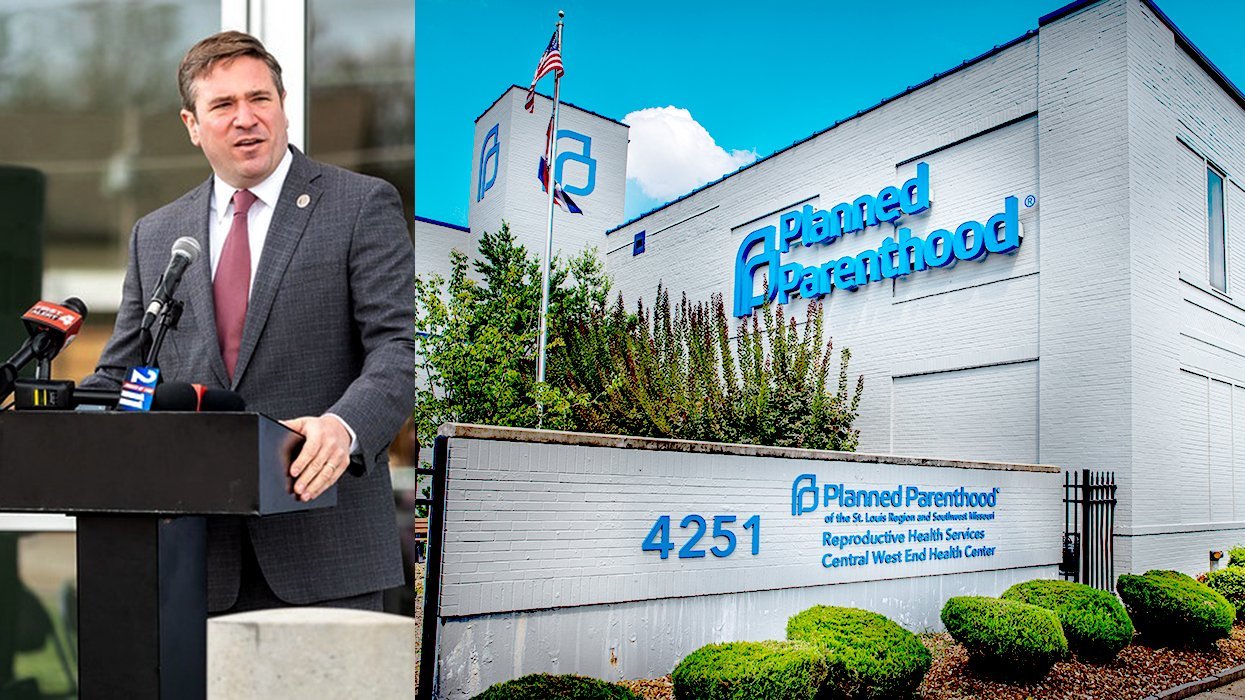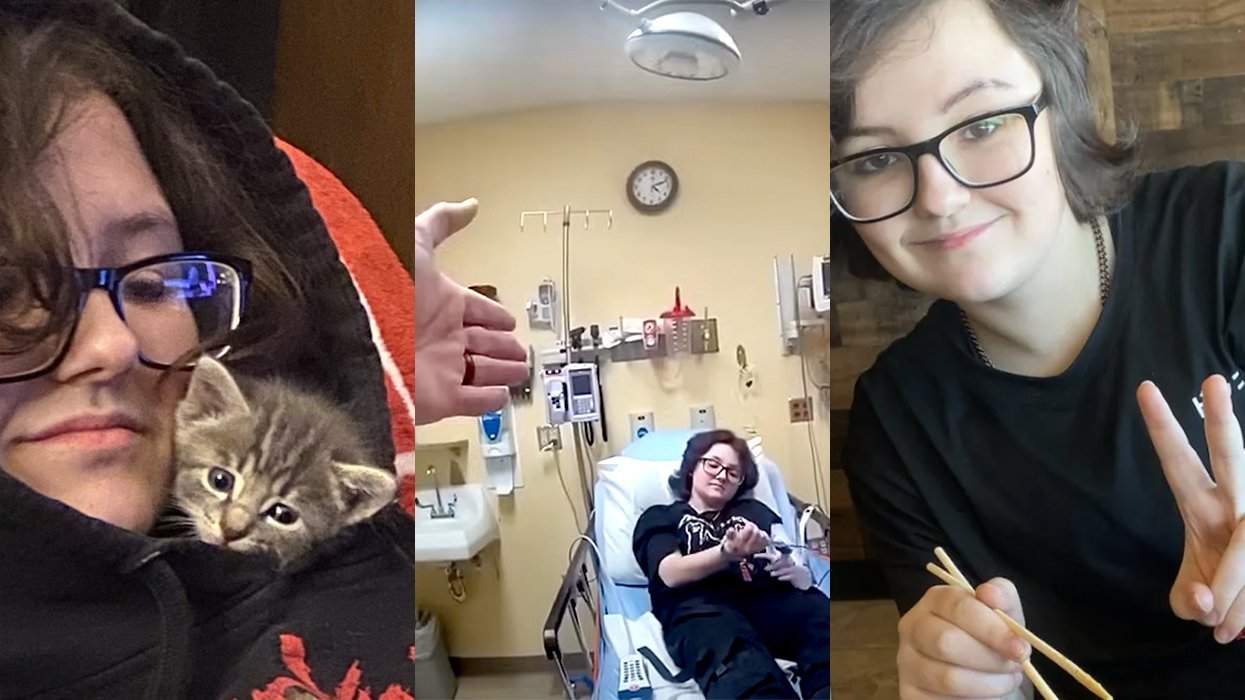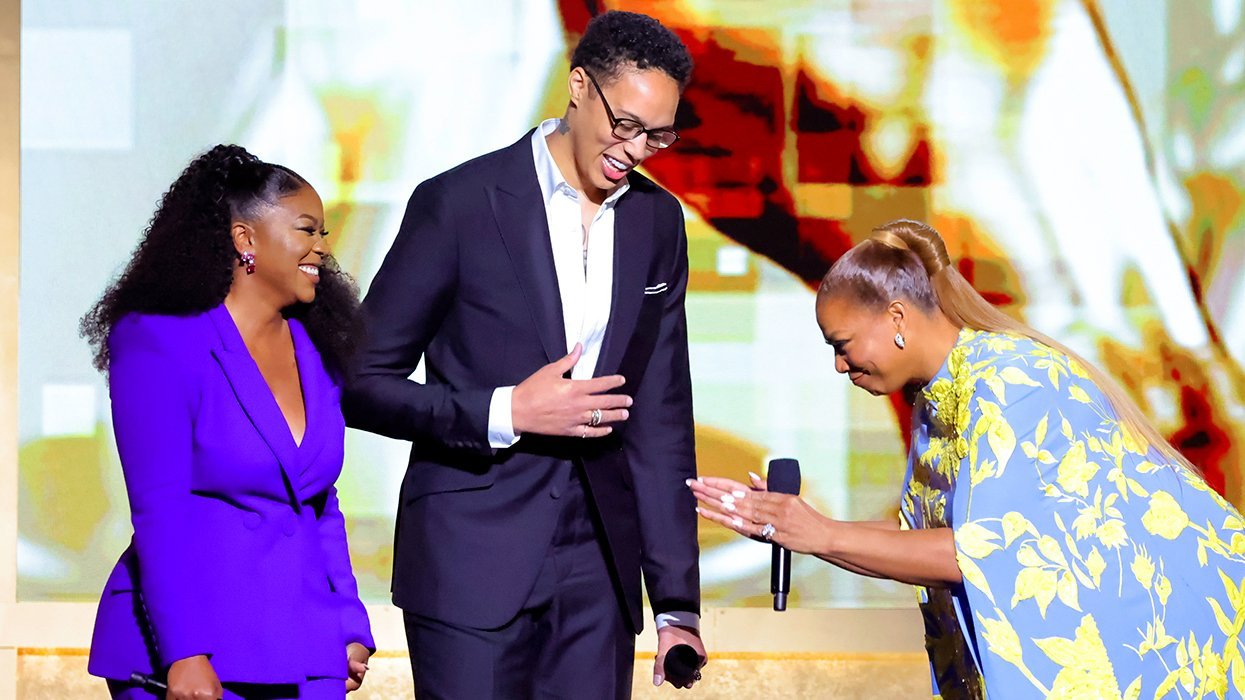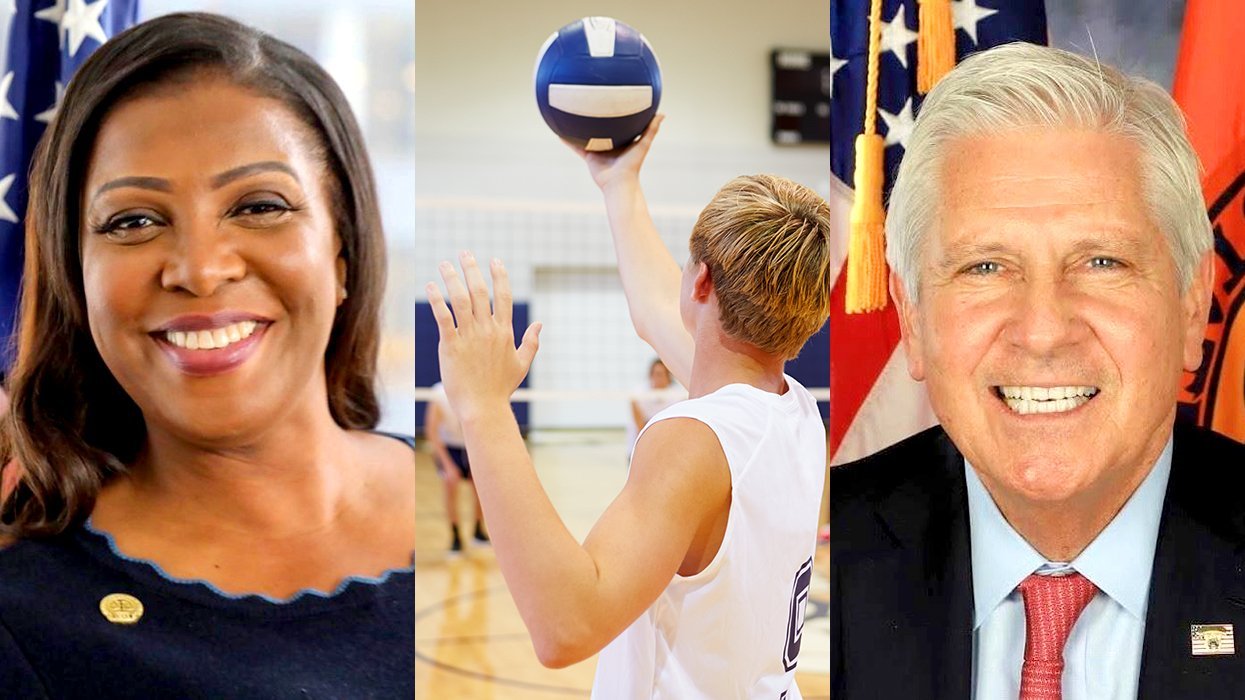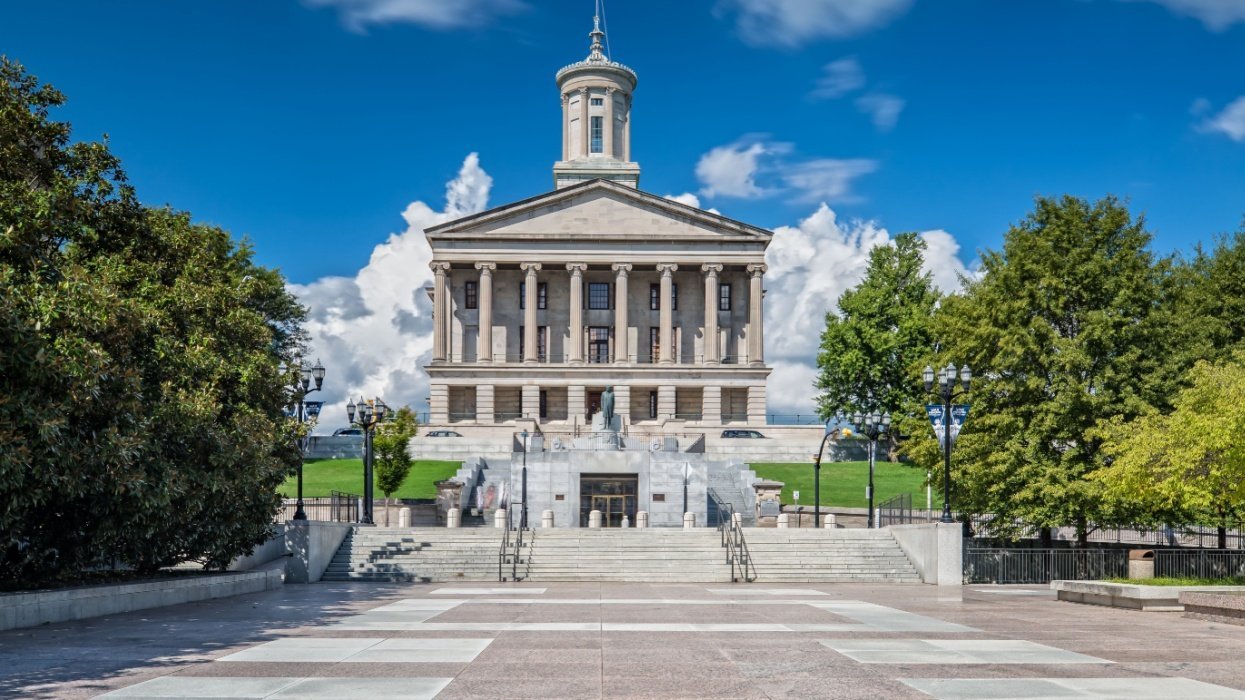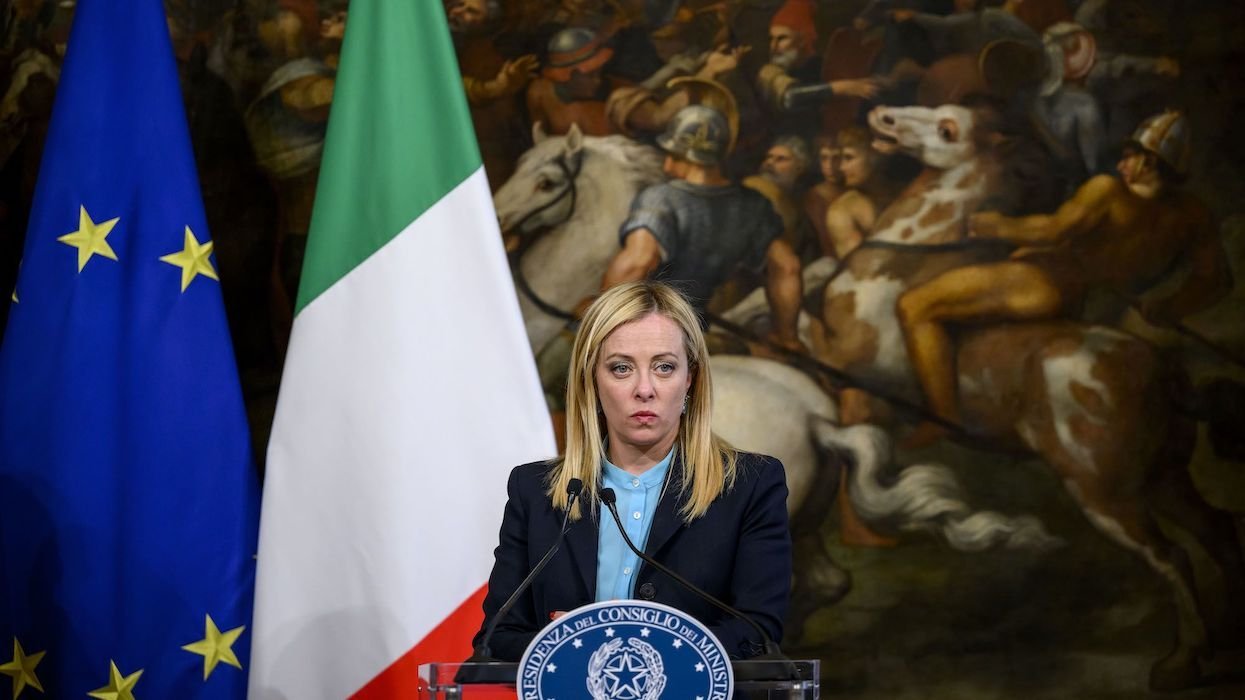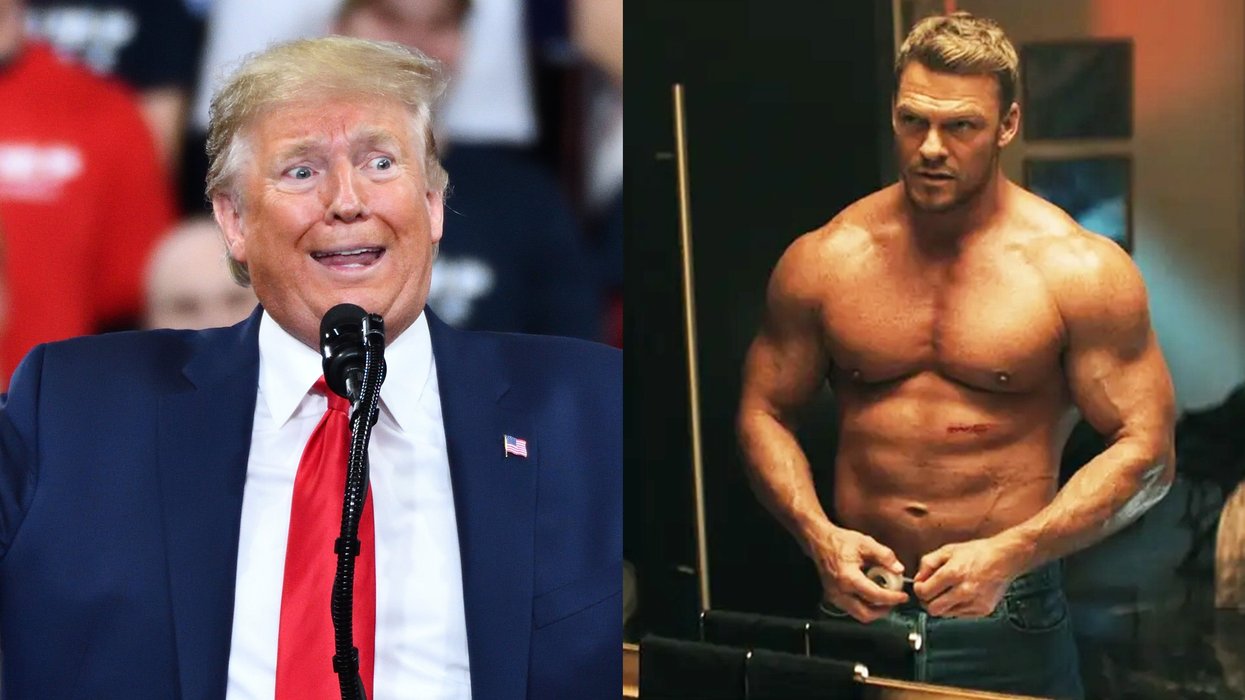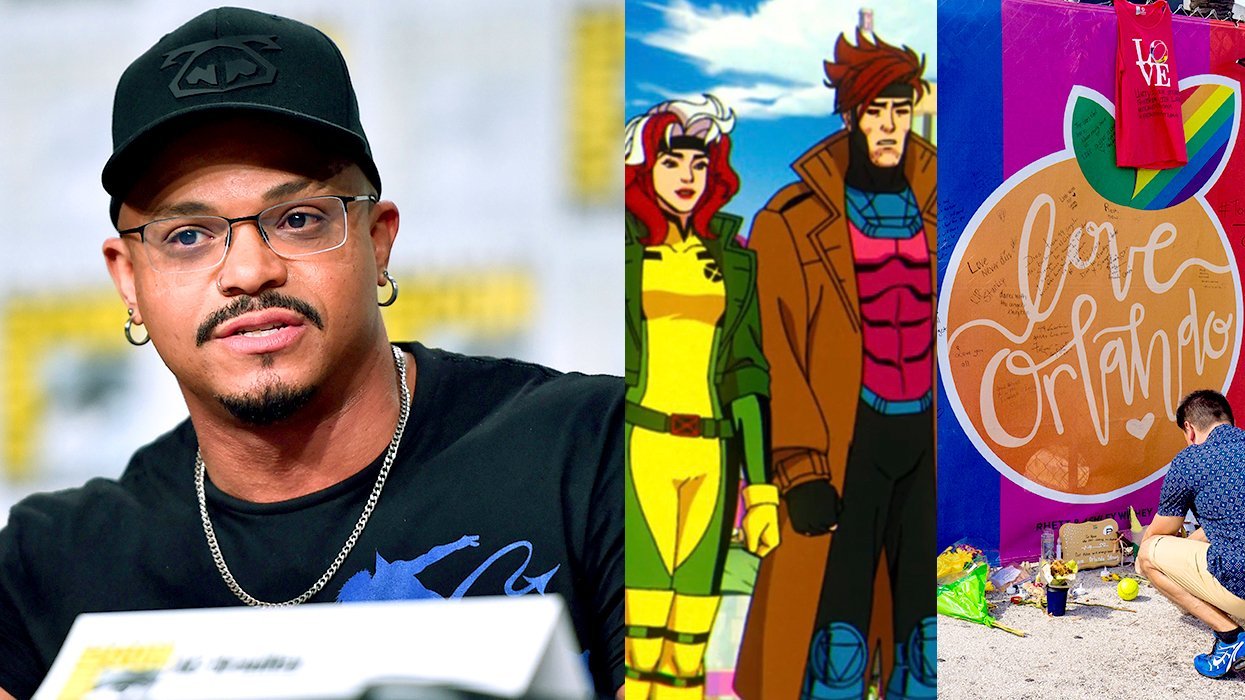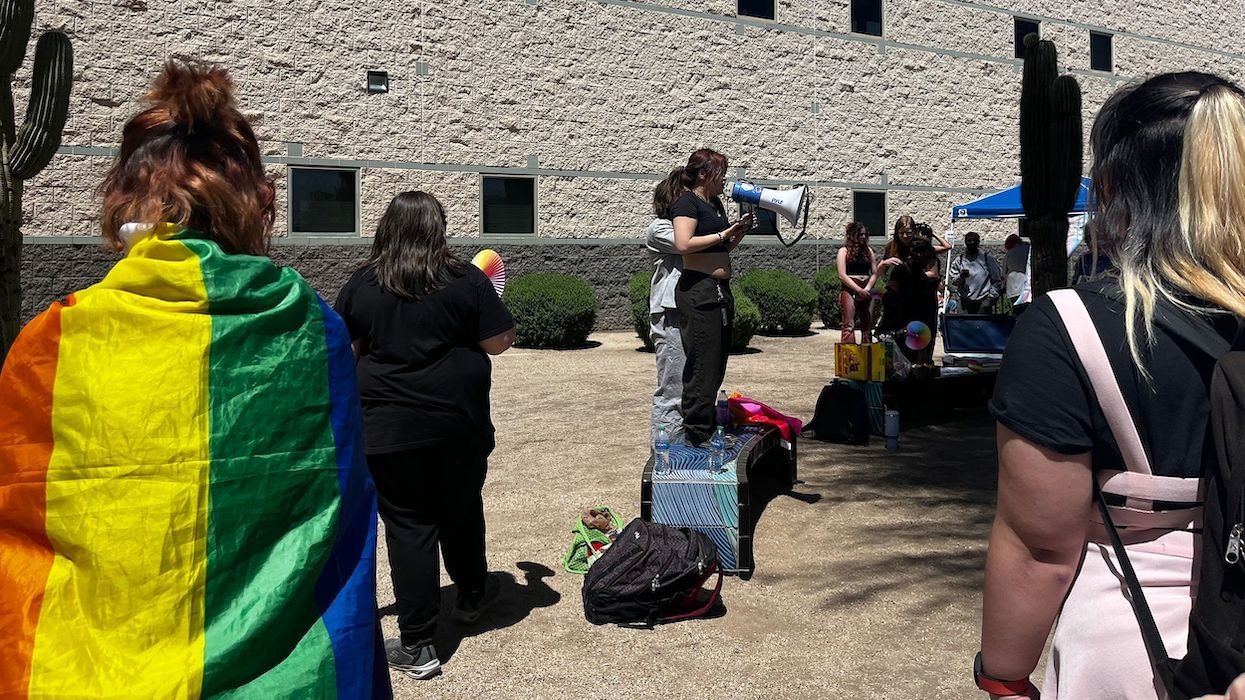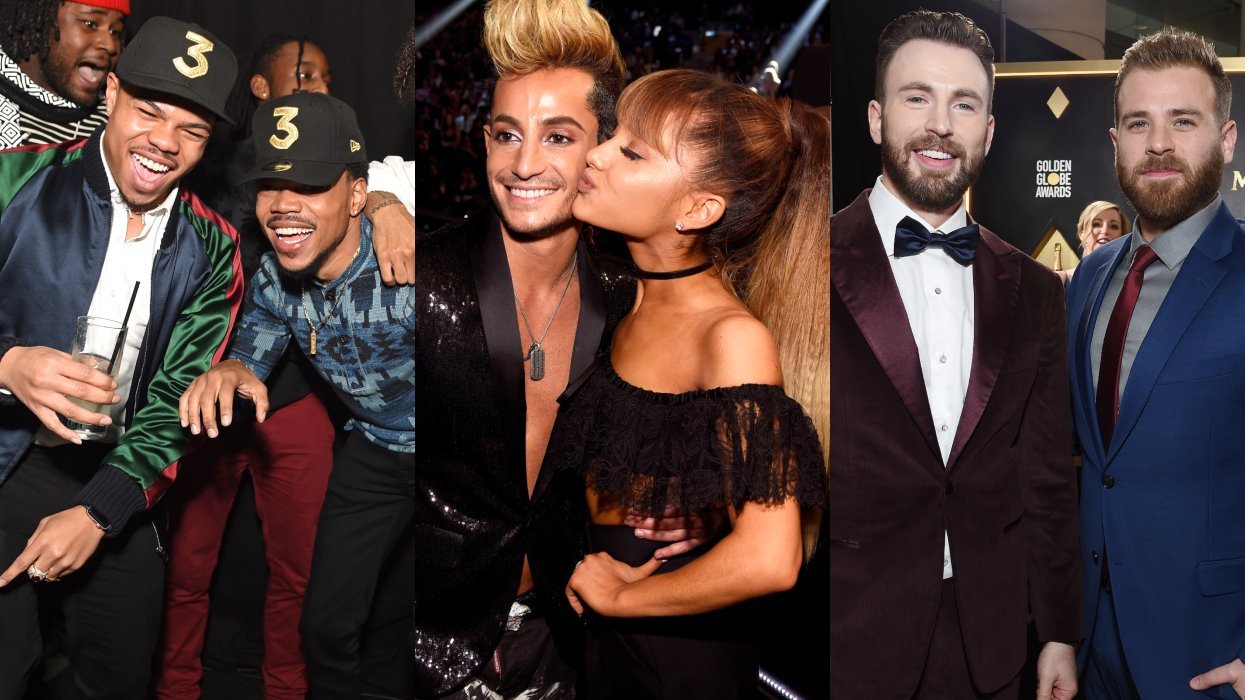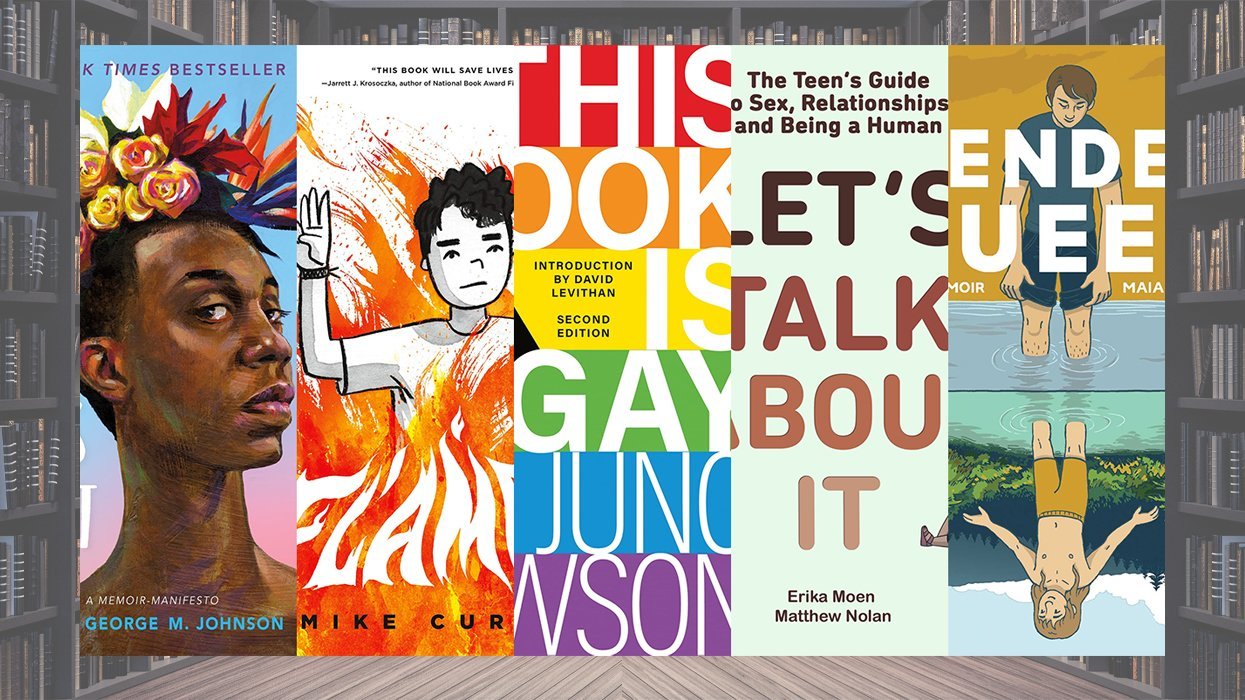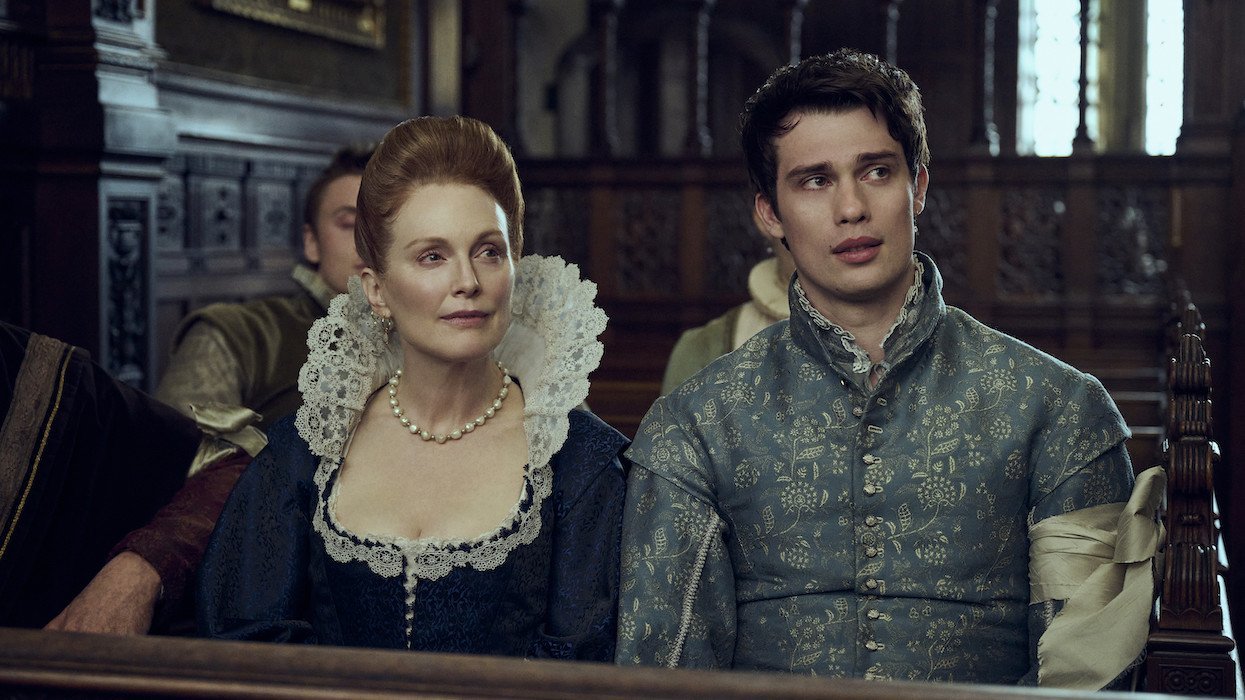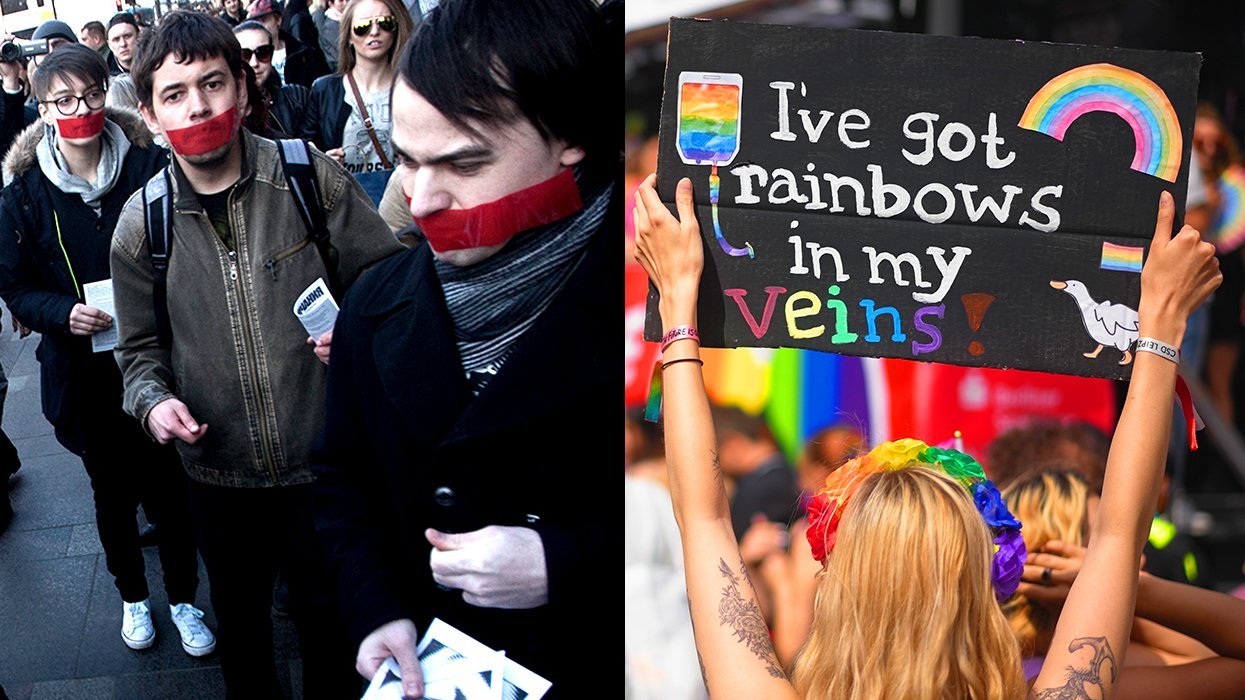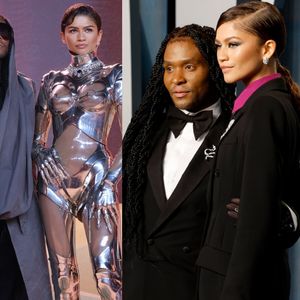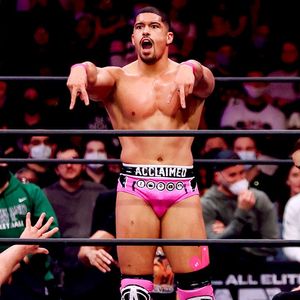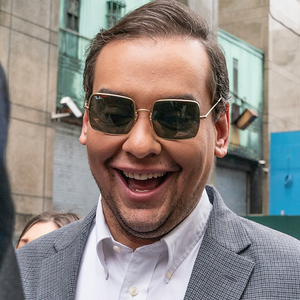Ten Republican
presidential candidates wanting to replace U.S. president
George W. Bush embraced a more popular president,
conservative icon Ronald Reagan, at every turn in
their first debate of the 2008 race held in Simi
Valley, Calif.
"Ronald Reagan
was a president of strength," Mitt Romney intoned.
"Ronald Reagan used to say, 'We spend money like a drunken
sailor,' " John McCain said. And Rudy Giuliani praised
"that Ronald Reagan optimism."
The world,
however, is far different today than it was some 25 years
ago, when the nation's 40th president relaxed at his
retreat in the rolling hills of Southern California.
Iraq and
terrorism now are top issues, support for Bush is at a low
point, and Republican hopefuls find themselves trying to
prove to the party's base that they are conservative
enough to be the Republican nominee on social matters
as well as the economic and security issues Reagan
championed.
The three leading
candidates--Giuliani, McCain, and Romney--and
their seven lesser-known rivals attempted to do just
that Thursday at the Ronald Reagan Presidential
Library. They debated for 90 minutes in the shadow of
the late president's Air Force One suspended from above and
before Reagan's widow, Nancy, who sat in the front row
of the audience.
They stressed the
importance of persisting in Iraq and defeating
terrorists, called for lower taxes and a muscular defense,
and supported spending restraint.
One by one, they
invoked Reagan 19 times. In contrast, Bush's name was
barely uttered; the president's job approval rating
languishes in the 30% range.
"They went out of
the their way on multiple occasions, no matter the
question, to associate themselves with Reagan," said
Mitchell McKinney, a political communication professor
at the University of Missouri-Columbia. "They tried
their best to not be explicitly bashing or attacking
Bush. Most of them tried, in some way, to take a pass
on that."
Republican
operatives agreed that the debate did nothing to shake up
the party's crowded field.
They said
Giuliani, the former New York City mayor; McCain, a
four-term Arizona senator; and Romney, the
ex-Massachusetts governor, remained the
strongest contenders, with the most money and the best
approval ratings in the polls more than eight months
before the first 2008 national convention delegates
are selected.
"Clearly the top
three looked quite presidential," Republican pollster
Whit Ayres said.
Scott Reed, who
ran Bob Dole's 1996 campaign, added: "McCain showed a
little energy. Romney showed he's very polished. And
Giuliani started to clear up some of his issues with
the base of the party."
Each largely
stuck to their talking points and often reverted to their
stump speeches as they sought to present themselves as the
most conservative candidate in the pack and a worthy
heir to the political legacy of Reagan.
The former actor
and California governor took office in 1981 when the
world was absorbed by the Cold War, and good versus evil was
defined by countries that aligned with the United
States and those that stood with the Soviet Union,
"the evil empire" in Reagan's lexicon. The arms race
and the ever-present threat of nuclear war overshadowed
social issues like abortion. Stem cell research did
not exist. There was no public debate about same-sex
marriage or the so-called right to die.
Fast-forward to
the 2008 presidential race.
The candidates
expressed resolve in winning the war in Iraq and defeating
terrorists across the world. They also had to answer for
their positions on a range of social issues, including
abortion, stem cell research, and evolution.
"Nobody wants to
talk about social issues for more than 11 seconds,"
said Rich Galen, a Republican strategist. "But they had
to talk about what they were asked about."
McCain is the
only top-tier contender who has a career-long record of
opposing abortion, a position that resonates with a wide
swath of Republican political activists who support
the overturning of the 1973 Roe v. Wade ruling that
legalized abortion.
With a record of
supporting women's right to choose, Giuliani was the
only candidate who said "it would be OK" if the Supreme
Court upholds the landmark ruling. "It would be OK to
repeal it. It would be OK also if a strict
constructionist viewed it as precedent," he said.
His rivals agreed
that it would be a great day if the court overturns the
landmark ruling.
Romney, for his
part, acknowledged he had reversed course on the subject
and said his position had once effectively been
"pro-choice."
"I changed my
mind," Romney said, adding that Reagan did the same.
But Giuliani, who
said he personally hates abortion, hedged when asked
about his current position.
"I think the
court has to make that decision, and then the country
can deal with it," he said. "We're a federalist system of
government, and states can make their own decisions."
Most of the
contenders said they opposed legislation making federal
funds available for a wider range of embryonic stem
cell research. The technique necessarily involves the
destruction of a human embryo and is opposed by many
anti-abortion conservatives as a result.
There are
exceptions, though, including Reagan's widow, Nancy. Also,
public opinion polls show overwhelming support for the
research, which doctors say holds promise for
treatment or even cures of numerous diseases.
McCain was the
only one to unambiguously say he supports expanded federal
research into embryonic stem cells.
Giuliani's
response was open to interpretation. He said he supports it
"as long as we're not creating life in order to destroy it,"
then added he would back funding for research along
the lines of legislation pending in Congress. However,
the bill he cited does not increase federal support
for research on embryonic stem cells. Rather, it deals with
adult stem cells.
The field split
on another issue, with Sen. Sam Brownback of Kansas,
former Arkansas governor Mike Huckabee, and Colorado
congressman Tom Tancredo raising their hands when
asked who did not believe in evolution.
Other
participants included former governors Jim Gilmore of
Virginia and Tommy Thompson of Wisconsin and
representatives Duncan Hunter of California and Ron
Paul of Texas. (Liz Sidoti, AP)















